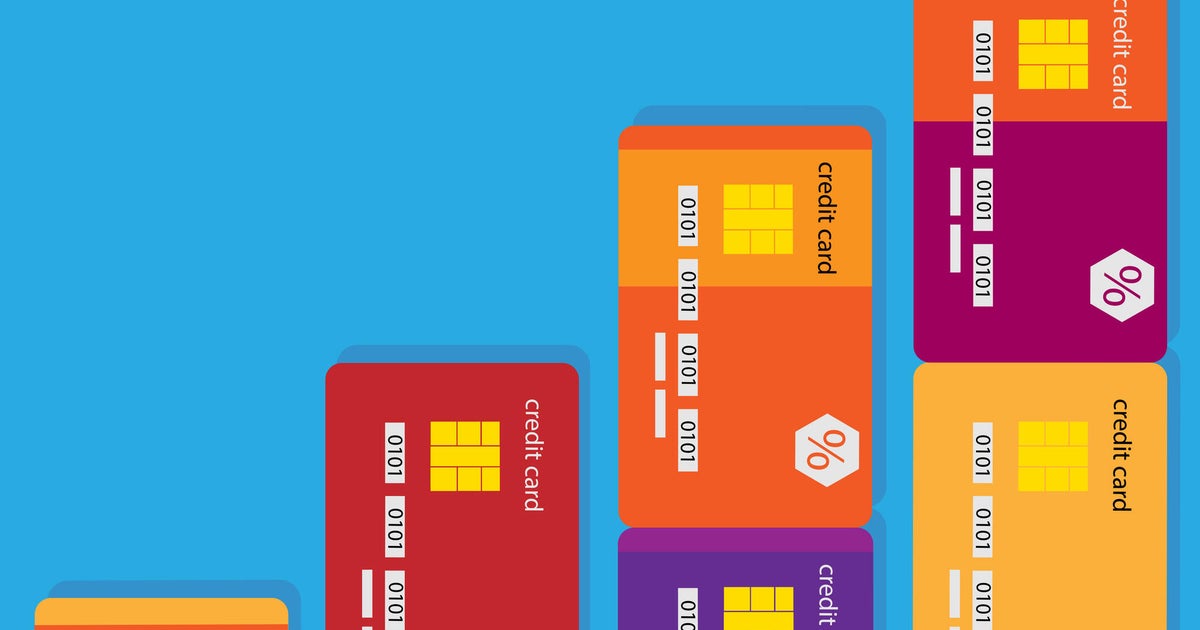3 ways to have your credit card debt forgiven
Credit card debt can be hard to deal with in this economy. Persistent inflation is causing prices to grow and today's higher interest rate environment is causing credit card rates to rise, leading to elevated minimum payments on credit cards. That can lead to financial trouble, especially if you're facing high credit card debt on a low income.
If you're looking for solutions to your debt, you may have heard of credit card debt forgiveness. But can you really have your credit card debt forgiven? In certain cases, yes. For example, if you file for bankruptcy, your credit card debt could be forgiven as part of the bankruptcy process. But that isn't the only way you to take advantage of credit card debt forgiveness. Here's what you should know.
Get in touch with a credit card debt forgiveness expert now.
3 ways to have your credit card debt forgiven
There are three common ways to have your credit card debt forgiven. Those include:
Take advantage of credit card debt relief services
Credit card debt forgiveness programs, also known as debt settlement programs, could result in a percentage of your balances being forgiven.
When you enroll in a debt forgiveness program, experts typically with lenders to get your credit card balances settled for less than you owe. The remainder of your balances are forgiven as part of the process.
The process typically starts with a conversation about your debt, income and budget to create an affordable payment plan that can get you out of debt in a reasonable amount of time. If you decide to enroll in the service, you will typically make a payment each month to the debt forgiveness company rather than paying lenders directly.
The money from these payments is deposited in a special-purpose savings account and held until there is enough money to start settling your debts. At that point, the debt relief experts will start negotiations with your lenders. If all goes well, those negotiations will end with a portion of your card balances being forgiven.
Find out how a debt relief expert could help today.
Negotiate on your own
If you sign up for a credit card debt forgiveness service, you'll pay, on average, between 15% and 25% of the enrolled balance of each settled account as a fee after the negotiations. You may be able to circumvent those fees, though, by negotiating settlements on your own.
To do this, you typically stop paying your creditors and put the money from your monthly payments in a savings account instead. While it's up to you, it makes sense to start negotiating once you save enough money to pay off 55% of your lowest credit card balance.
When you reach that milestone, call the lender you owe your lowest balance to and let them know you'd like to settle your debt. Consider making a low-ball offer to pay off your account (around 40% of what you owe or less) to leave room for negotiations while staying within your 55% budget.
Continue to negotiate until you reach a settlement you can afford. Repeat the process with your next-lowest balance until all of your debts are settled.
File bankruptcy
Bankruptcy is another way to have your credit card debt forgiven. Though this option can damage your credit and impact your finances for longer than the other options above, it may make sense in some circumstances.
"Bankruptcy should be considered a last resort, however, there are certain situations where personal bankruptcy could be the right option for you," says Aaron Cirksena, founder and CEO of MDRN Capital. "If someone has a sudden job loss and they find themselves without or having gone through their emergency fund, bankruptcy may be the only remaining option."
But that may not be the only reason to consider bankruptcy.
"Similar situations may arise in the case of unexpected bills that were not accounted for," says Cirksena. "Additionally, someone who is down to only having retirement accounts left to tap into may also consider filing for bankruptcy as those accounts are generally protected through the bankruptcy process."
The bottom line
There are a few common ways to have your credit card debt forgiven, including working with a debt relief service, negotiating with your lenders on your own or filing for bankruptcy. It's important to note, however, that these options can have a long-lasting negative impact on your credit, and debt settlement in particular can lead to tax implications. So, it makes sense to consider debt forgiveness primarily if you're experiencing financial hardship. If that's the case, reach out to an expert for help now.




